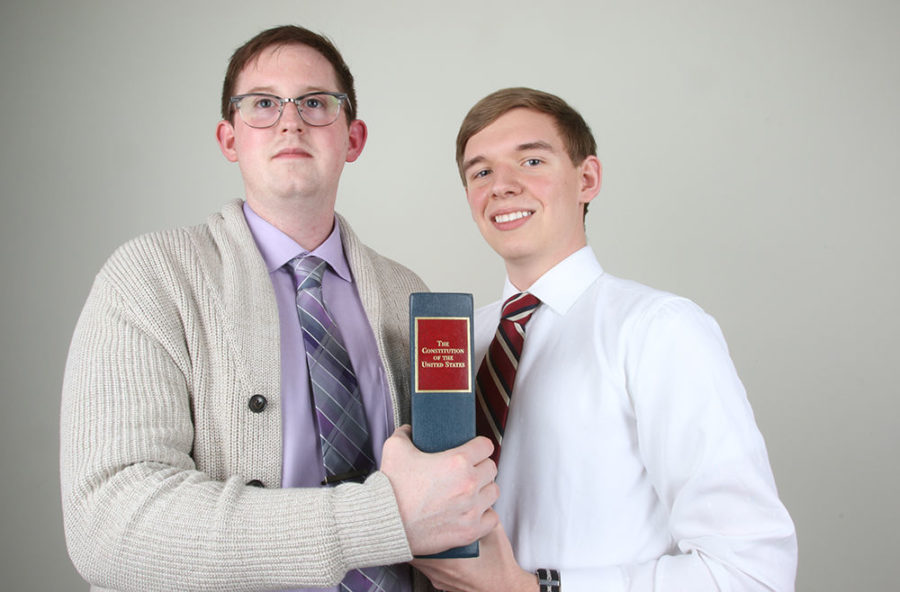Students talk life and unlikely discrimination as gay conservatives
March 3, 2016
For some members of the LGBTQ* community, the term cross-sectional conservatism doesn’t ring a bell. For others, it is the elephant in the room.
Students identifying as cross-sectional conservatives, or LGBTQ* Republicans, face a unique form of discrimination and alienation in their daily lives.
Patrick Mason, a political science junior, has been conservative his entire life, but the issue of his sexuality came later in high school.
“I grew up in a small town in Eastern Kentucky, and I was brought up as a conservative in a really religious household. My ideology comes a lot from work ethic and supporting oneself,” Mason said.
Historically, the LGBTQ* community and the grand old party have conflicted. However, when faced with the problem of these two identities being at odds, Mason takes a logical stance.
“The ideology comes first. That’s how I was brought up. Sexuality is an immutable characteristic. In a sense it defines me but it is not everything. I will not be told I have to vote a certain way just because of who I love,” Mason said.
Mason was part of a small group of students who tried to bring a Log Cabin Republican student organization to campus earlier this year. The Log Cabin Republican party advocates for the representation of LGBTQ* politicians in government and the end of laws like the Religious Freedom Restoration Act.
“I’m not going to give up on changing (the party) from within. We can do better and we can change it from the inside,” Mason said.
While this is an example of two opposing groups working together, the idea of cross-sectional conservatism is not always met with acceptance. Michael Frazier, a political science junior and supporter of Log Cabin Republicans, said he has faced discrimination from an unlikely source.
“It’s no secret I have been a long time advocate for LGBTQ* issues on this campus, but I have distanced myself from the community because I have been persecuted for my political and religious beliefs,” said Frazier, who served as the chair for Outsource, an organization for LGBTQ* students on campus.
During his involvement with the LGBTQ* groups on campus, Frazier said he was fearful to tell anyone of his political ideologies. Since separating from these groups, Frazier has been able to come out of what he calls his “second closet,” the one where his political views were kept hidden. While he has found support for his views in some LGBTQ* allies, Frazier said he is mostly met with animosity toward his views.
“For a community that preaches about tolerance and acceptance, I found this treatment to be a bitter taste of hypocrisy,” Frazier said.
While both have faced opposition, Mason and Frazier continue to keep their sights set on working in government and being a source for political change.
“A lot of people call me a walking contradiction, but I think that my sexual identity and my political identity can come together,” Mason said.




























































































































































